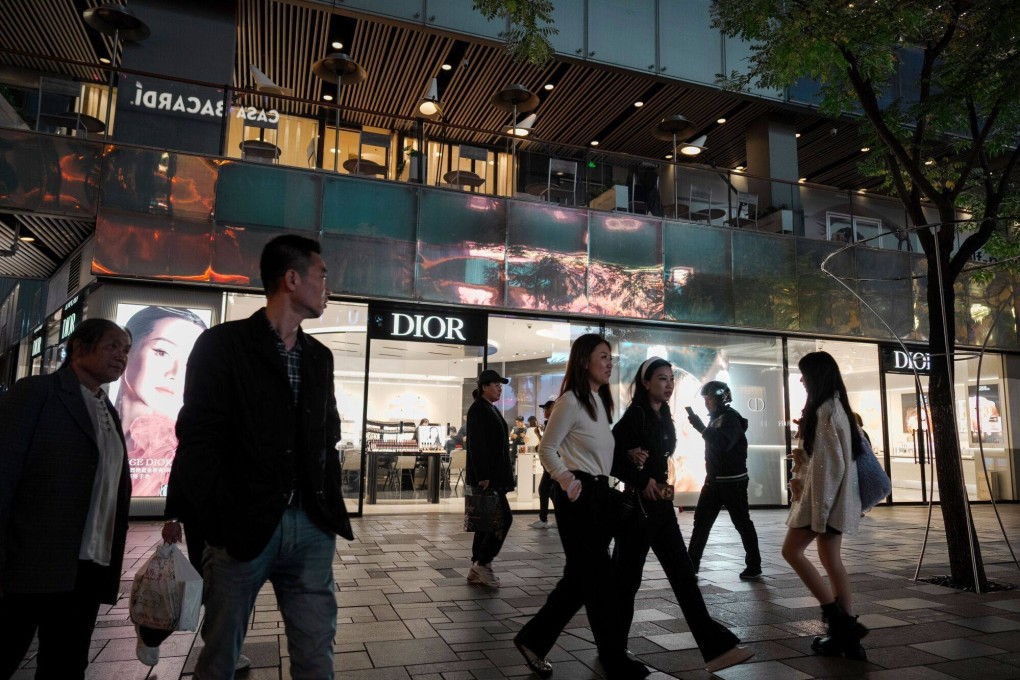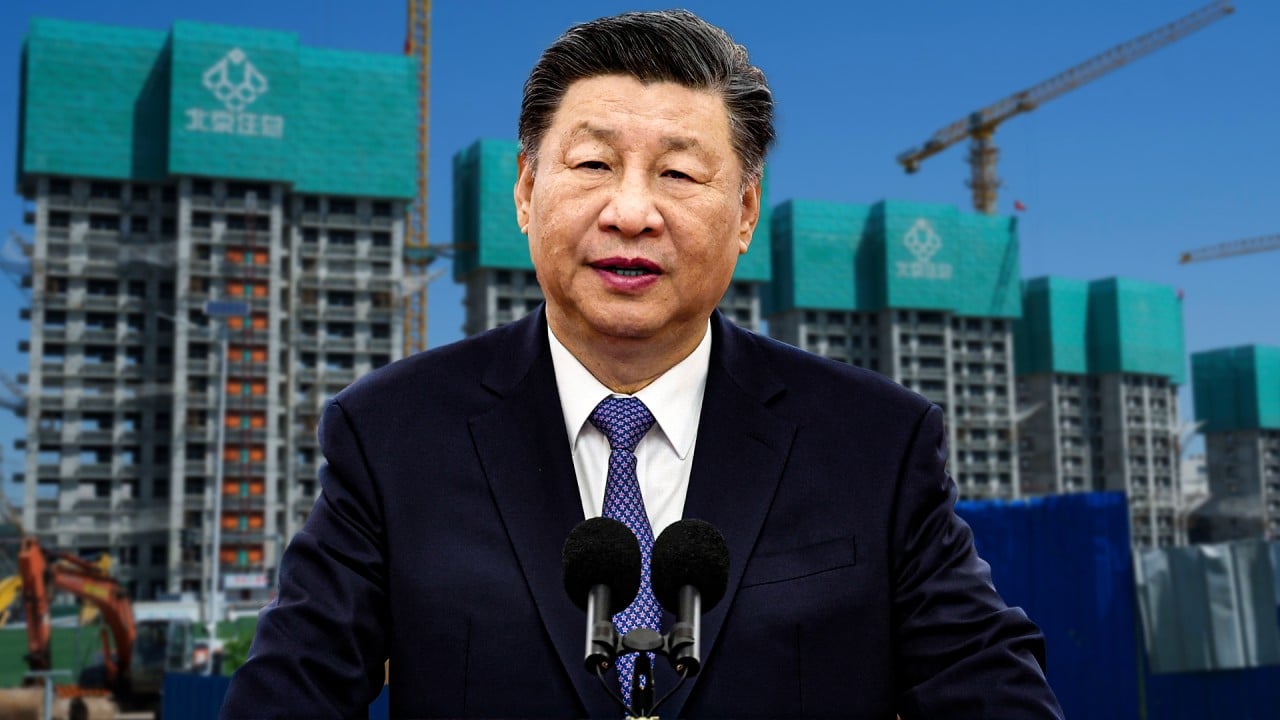LVMH, Burberry, Kering feel the pinch as Chinese consumers tighten purse strings
Waning confidence among China’s middle class consumers could further undermine sales of global luxury brands, analysts say

Liu Fang used to splurge up to 300,000 yuan (US$42,144) each year on luxury bags and accessories before the Covid-19 pandemic. She has since cut her spending by half, unconvinced that Beijing’s recent wave of stimulus measures will alter China’s immediate economic outlook.
“I didn’t spend much, aside from buying a few Chanel bags,” the 57-year-old professional in Beijing said in an interview. “The overall economic environment isn’t great. There are also fewer occasions where I need to impress clients with expensive accessories.”
Liu’s mindset is not peculiar. Many Chinese consumers have tightened their purse strings on high-end products, undermining the performance of global luxury brand purveyors from LVMH to Burberry and Kering. China’s middle class, coveted for their purchasing power, are now grappling with the pandemic fallout, a property market crisis and a punishing loss of stock market wealth.
LVMH said its sales in Asia excluding Japan weakened at an annual rate of 16 per cent in the three months to September 30, following a 14 per cent slide in the preceding quarter. The French group, whose labels include Louis Vuitton and Loewe, suffered from “a general weakening of demand for luxury goods,” Morningstar said.
“LVMH’s performance was still strong in the first half of this year,” said Jelena Sokolova, a senior equity analyst at the US research firm. “It’s typically quite resilient, so the deterioration [in the third quarter] is a bad read-across to the sector.”
Against the backdrop of China’s struggling economy and uncertain near-term prospects, consumers have become increasingly reluctant to spend their savings, said Richard Lin, chief consumer analyst at SPDB International, a Shanghai-based banking group.

